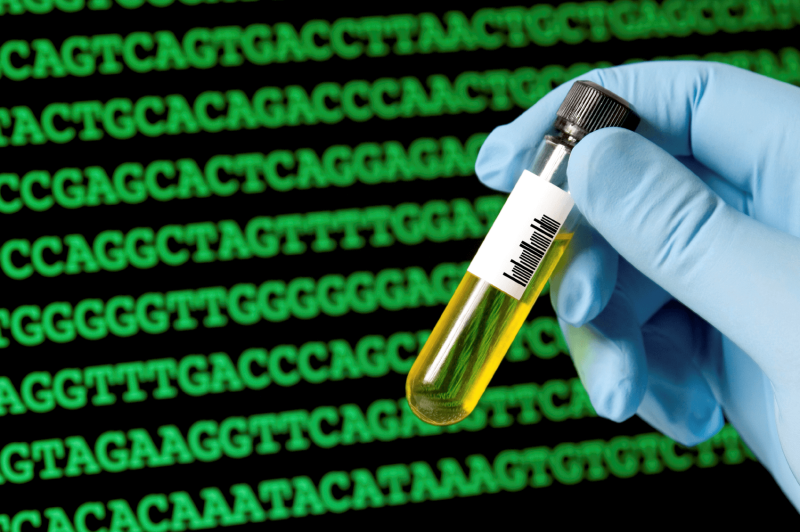Harvard geneticist George Church is convinced everyone should have his or her genomes sequenced. Such tests would reveal the rare diseases and handful of cancers that we’re all at some risk for…
But many others in the field say we still don’t know enough about genetics to justify getting the test done.
…
The problem is it’s still easier to get the data than to know what to do with it…Right now, [Muin] Khoury says, studies reveal variations in the genome that might not cause problems but could lead to unnecessary medical tests, anxiety[,] and treatments.
…
[Genetic sequencing] saved Eric Dishman’s life…But Dishman concedes that he was very lucky to have such a useful result. And he worries that people will build unrealistic expectations from the idea that gene sequences inevitably lead to successful treatments.“False hope is not a good thing,” he says. “I lived through decades of ‘This is the drug that’s going to cure your cancer,’ and then they put me on it and it almost killed me.”
The GLP aggregated and excerpted this blog/article to reflect the diversity of news, opinion and analysis. Read full, original post: Gene mapping may not be for everyone































